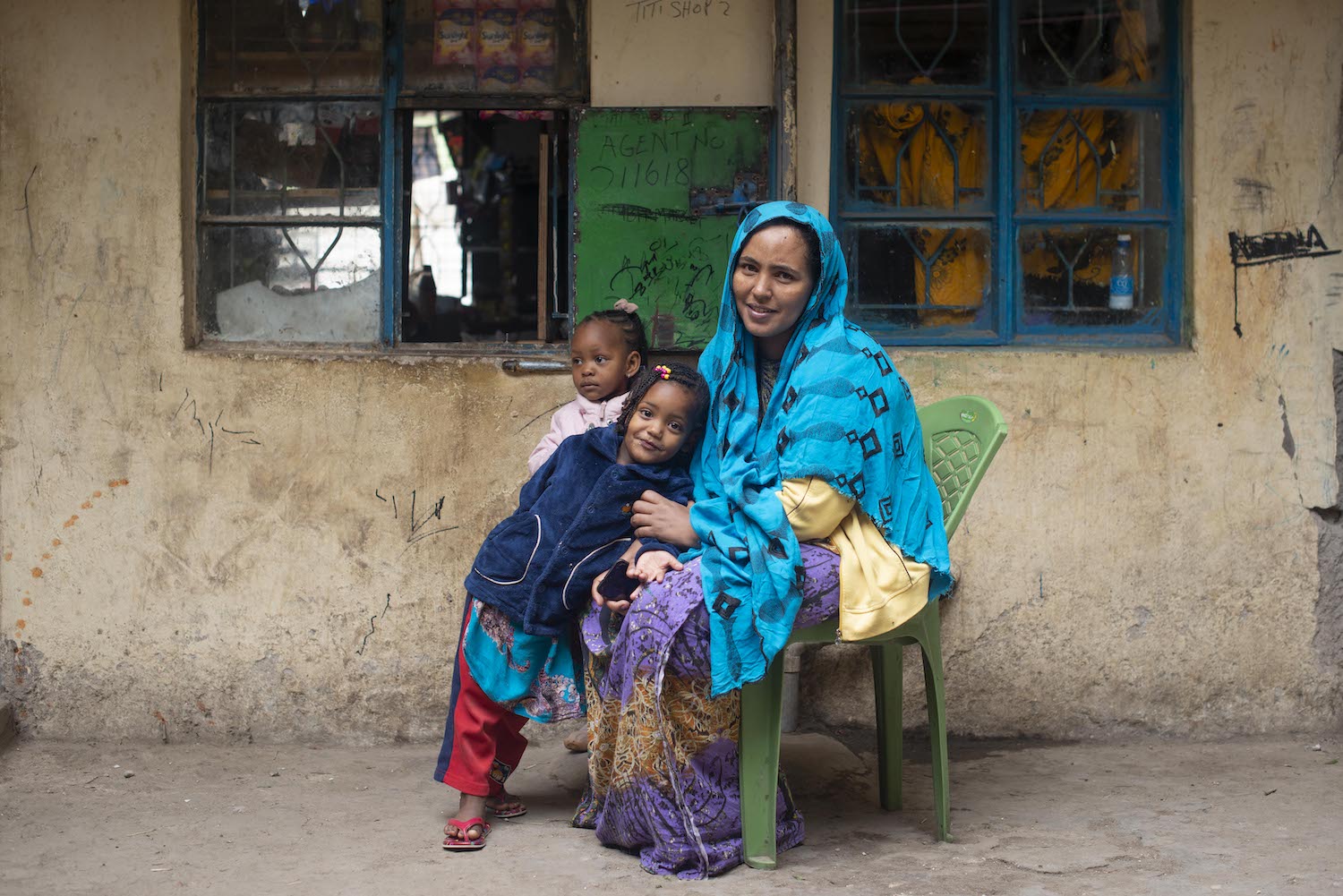According to the Universal Declaration of Human Rights, family unity is a human right. Since the summer of 2019, RefugePoint has been working with the United Nations High Commissioner for Refugees (UNHCR) to develop a robust family reunification system for refugees who are separated from their loved ones abroad.
One central obstacle these refugees face is that many countries require them to provide official documents like birth certificates, marriage certificates, and passports for family reunification applications. Without these documents, the procedure can be delayed or applications denied, which leads to more permanent separation. In the rush to flee their homes and make the dangerous journey to safety, documentation is easily forgotten, lost, or destroyed in transit. Moreover, their status as refugees makes returning home or reapplying for documentation dangerous or impossible.
After more than two years working to reunite families—many of whom are unaccompanied and separated children—our Experts discerned that this lack of documentation was a key problem. RefugePoint Experts gathered feedback from focus group discussions with refugees while working on individual cases with refugees in countries of asylum and in receiving countries. Many Experts have met with representatives from European embassies and consulates in order to advocate for more flexible documentation requirements.
Late in 2020, RefugePoint sent our first Family Reunification Expert to work in a European destination country, where many refugees have family members with whom they are trying to reunite. In addition to providing the same advocacy on the other side of the family reunification process, she also supported a series of trainings on family reunification for counselors supporting refugee cases.
Throughout 2021, she conducted consultations with refugees trying to reunite with their family members about their experiences, in particular with regards to documentation requirements. She documented the findings from these conversations with refugees for use in advocacy with government authorities.
